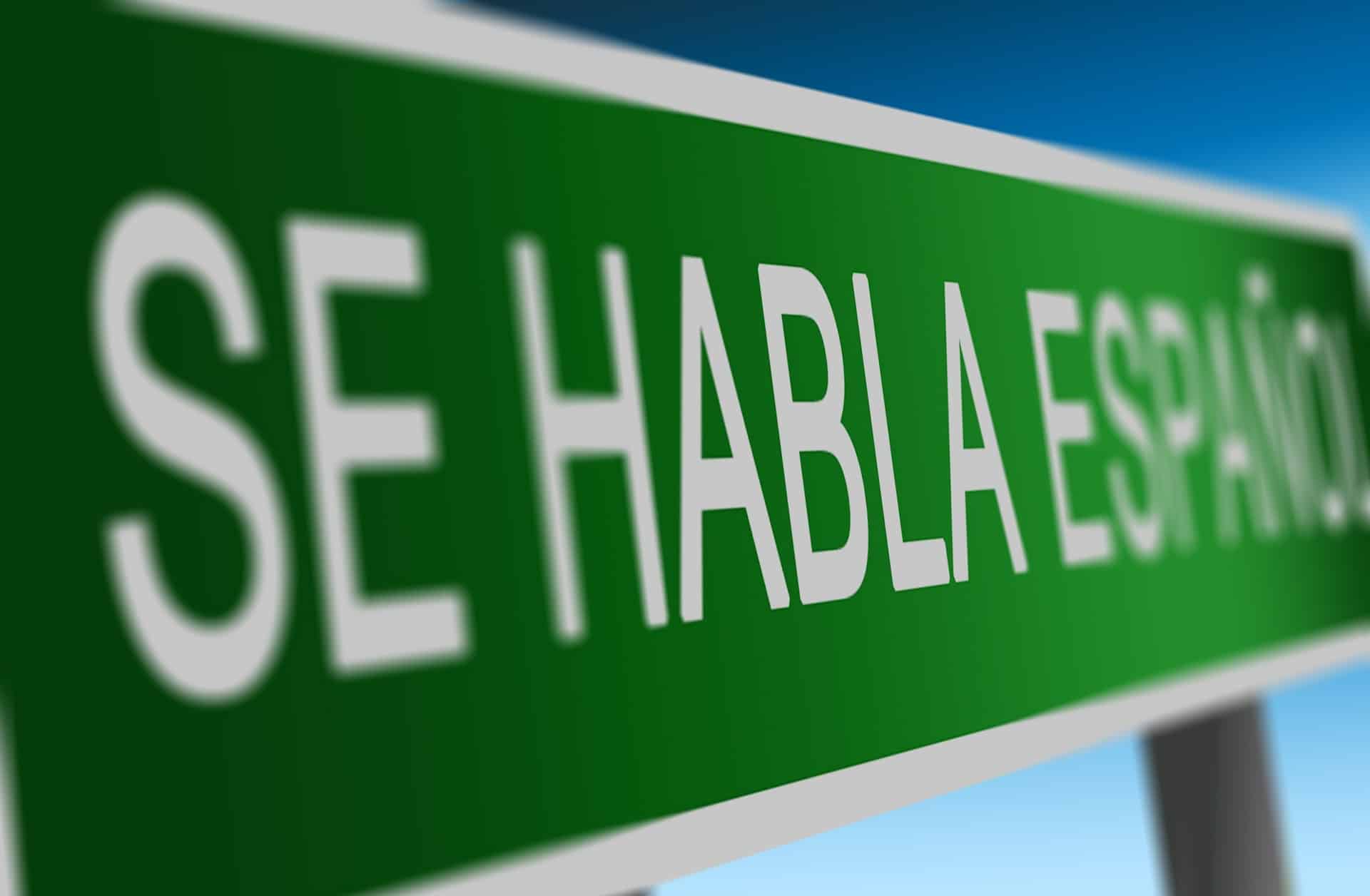When practicing Spanish vocabulary, schools can fall into the classic vocabulary lists as a teaching method. You study a couple of word lists, often classified in semantic fields, and then pass a test. But there are cooler ways to learn new Spanish words, anagrams are one of those ways.
But what are they? Anagrams, anagramas in Spanish, are words that are formed with the same letters from another word. For example: part – trap or act – cat.
This is a more interesting way of learning. Because you’ll get to see how many Spanish words can come out from just rearranging the letters of one word. It’s also more fun, because students can play or resolve tests with anagrams.
For example: if you’re a teacher, you can provide students with some words to which they have to get their anagrams. This makes students think more. Because they have to concentrate to remember all the words they know, and see which ones have the same letters.
This way they are constantly making their brains reminisce the words they’ve already learned. It’s better than memorizing vocabulary for a test and, after getting an A+, forgetting it.
So, now you know: anagrams not only serve to learn new Spanish words, but also to practice the ones you already know. Remember: repeating information to your brain will make it stick to you. That’s why here are some cool Spanish anagrams for you to start acquiring new words and practicing your Spanish knowledge.
20 Anagrams in Spanish
Clavo / Calvo / Vocal
- Clavo = Nail
- Calvo = Bald
- Vocal = Vowel
Gato / Gota / Toga
- Gato = Cat
- Gota = Drop
- Toga = Gown
Nado / Dona / Onda
- Nado = I swim
- Dona = Donut
- Onda = Wave / Ripple / It’s also used as “cool”. Like when people say “es buena onda” (he/she is cool). And to say “what’s up” in Spanish: “qué onda”.
Saco / Asco / Caos / Cosa / Caso
- Saco = Coat
- Asco = Disgust
- Caos = Chaos
- Cosa = Thing
- Caso = Case / I marry / It can also be used when saying “hazme caso”, a phrased use to ask for someone’s attention or obedience.
Sopa / Sapo / Paso / Pasó / Posa
- Sopa = Soup
- Sapo = Toad
- Paso = Step / I pass
- Pasó = It happened
- Posa = He/she poses
Amor / Ramo / Armo / Armó / Mora / Omar / Roma
- Amor = Love
- Ramo = Bouquet
- Armo = I build
- Armó = He/she built
- Mora = Blackberry
- Omar = Omar
- Roma = Rome
Alegría / Galería / Regalía / Alergia / Aligera
- Alegría = Joy
- Galería = Gallery
- Regalía = Royalty (in the sense of the money an author gets when someone uses their creation)
- Alergia = Allergy
- Aligera = Something/someone lightens something/someone
Llave / LLeva / Valle
- LLave = Key
- LLeva = Someone takes/carries something
- Valle = Valley
Maní / Imán / Mina
- Maní = Peanut
- Imán = Magnet
- Mina = Mine
Burro / Rubor / Rubro
- Burro = Donkey
- Rubor = Blush
- Rubro = Sector / Category
Fresa / Frase
- Fresa = Strawberry
- Frase = Phrase
Esponja / Japonés
- Esponja = Sponge
- Japonés = Japanese
Navidad / Vanidad
- Navidad = Christmas
- Vanidad = Vanity
Pagar / Grapa / Praga
- Pagar = To pay
- Grapa = Staple
- Praga = Prague
Repaso / Repasó / Reposa / Separo / Separó / Sopera / Sopear / Áspero / Espora / Apresó / Óperas / Operas / Pareos
- Repaso = Review
- Repasó = Someone reviewed
- Reposa = Something/someone lies/rests
- Separo = I separate
- Separó = Someone separated something or from something/someone
- Sopera = Tureen
- Sopear = To soak a piece of food, especially bread or cookies, in a liquid like coffee, soup or milk.
- Áspero = Rough / Rugged
- Espora = Spore
- Apresó = Someone captured something or someone else
- Óperas = Operas
- Operas = You operate
- Pareos = Sarongs
Oír / Río / Rio
- Oír = To hear
- Río = River
- Rio = He/She laughed
Grito / Trigo / Gritó
- Grito = Scream / I scream
- Trigo = Wheat
- Gritó = He/she screamed
Rateros / Sortear / Trasero / Arresto / Arrestó / Rastreo / Rastreó / Retraso / Retrasó
- Rateros = Thieves
- Sortear = To raffle / To circumvent
- Trasero = Rear / Butt
- Arresto = Arrest / I arrest
- Arrestó = He/She arrested someone
- Rastreo = Tracking / I track
- Rastreó = He/she tracked
- Retraso = Delay / I delay
- Retrasó = He/She delayed something
Botella / Bellota
- Botella = Bottle
- Bellota = Acorn
Camión / Camino / Caminó / Comían / Mónica
- Camión = Bus
- Camino = Way / Path / I walk
- Caminó = He/she walked
- Comían = They ate
- Mónica = Mónica
Expand Your Spanish Vocabulary with TruFluency
If you want to learn more fun, interesting and helpful Spanish words and phrases, you should take classes with us. We’ll teach you useful Spanish vocabulary for all kinds of situations, from booking a vacation to going to the bank in a Spanish country.
Most importantly, we’ll help you get fluent in Spanish since speaking is part of every TruFluency class. Our curriculum is based on the Bellieu Method, created by our CEO to achieve language fluency.
We want you to be able to pronounce these and more words, and even hold a conversation in Spanish. After all, learning a language is about being able to communicate with others.
All of our classes are completely online and customized to your goals and needs. So you can learn with us at any moment you want. You just have to choose one of our native Spanish tutors. Or you can sign up for a 2 hour trial class for only $49!





